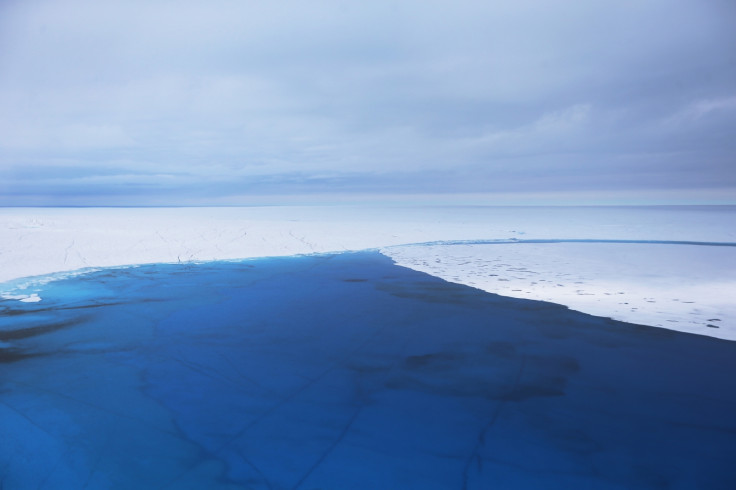Rise in global sea levels inevitable says Nasa

Scientists at Nasa have warned that a 3ft (1m) rise in sea levels is unavoidable as a result of climate change. A new analysis of satellite data gathered from 1992 revealed that sea levels worldwide rose an average of nearly 3in (7.6cm) over the past 23 years.
In 2013, the UN Intergovernmental Panel on Climate Change said ocean levels would likely rise between 1ft to 3ft by the end of the century. Nasa's analysis revealed that the rise is likely to be towards the higher end of that range, although scientists are unsure over how far that range might extend upward.
"Given what we know now about how the ocean expands as it warms and how ice sheets and glaciers are adding water to the seas, it's pretty certain we are locked into at least three feet of sea level rise, and probably more," said Steve Nerem of the University of Colorado, and leader of the sea level change team. "But we don't know whether it will happen within a century or somewhat longer."
The change will have "profound impacts" for communities in low-lying countries, warned Dr Michael Freilich, director of Nasa's Earth Science division. "More than 150 million people, most of them in Asia, live within 1m of present sea level," he was quoted as saying by the AFP news agency. "[The rise in sea levels] may entirely eliminate some Pacific island nations."
Nasa estimates that about one-third of sea-level rise is caused by expansion of warmer ocean waters, another one-third from the loss in Greenland and Antarctic ice sheets, and the remaining third from melting mountain glaciers. "We've seen from the paleoclimate record that sea level rise of as much as 10ft in a century or two is possible, if the ice sheets fall apart rapidly," said Tom Wagner, cryosphere program scientist at Nasa. "We're seeing evidence that the ice sheets are waking up, but we need to understand them better before we can say we're in a new era of rapid ice loss."
Greenland's ice sheet, covering 660,000 square miles (1.1m sq km), lost an average of 303 billion tonnes of ice a year over the past decade, according to satellite measurements, while the Antarctic ice sheet has shed an average of 118 billion tonnes per year. Scientists fear Antarctica's contribution to global sea level change, while smaller than Greenland currently, could increase substantially in the coming century.
"People need to understand that the planet is not only changing, it's changed," Reuters quoted Nasa scientist Tom Wagner as saying. "If you're going to put in major infrastructure like a water treatment plant or a power plant in a coastal zone... we have data you can now use to estimate what the impacts are going to be in the next 100 years."
© Copyright IBTimes 2025. All rights reserved.






















